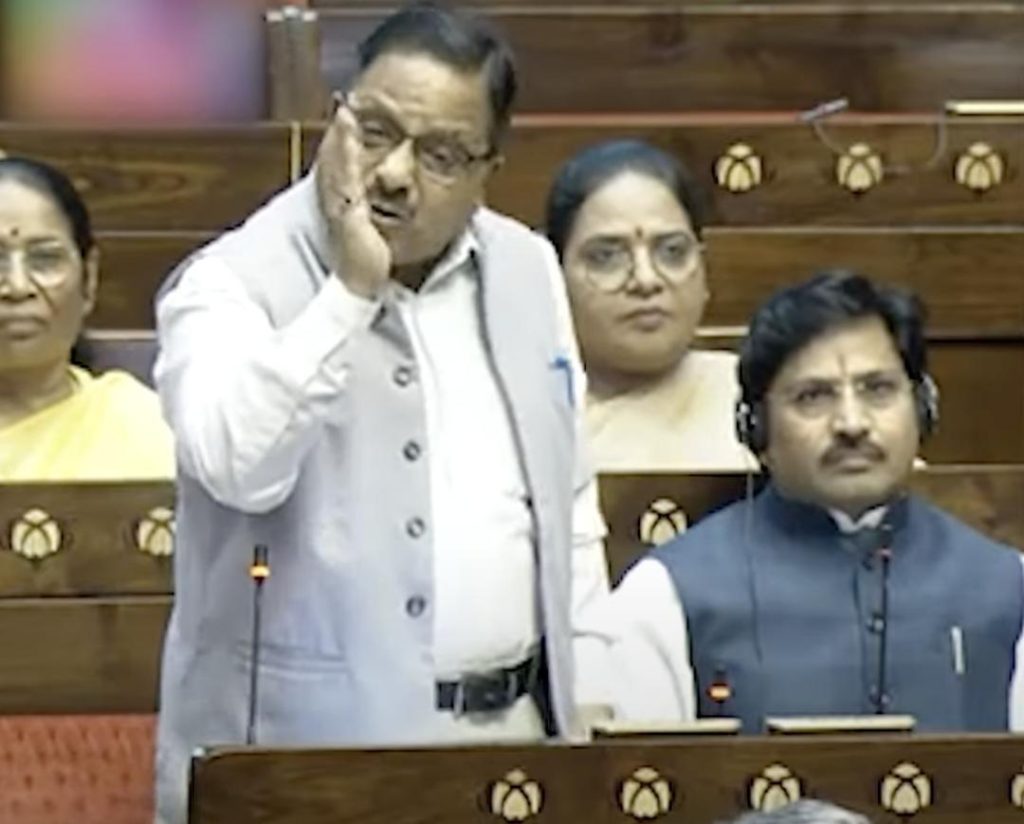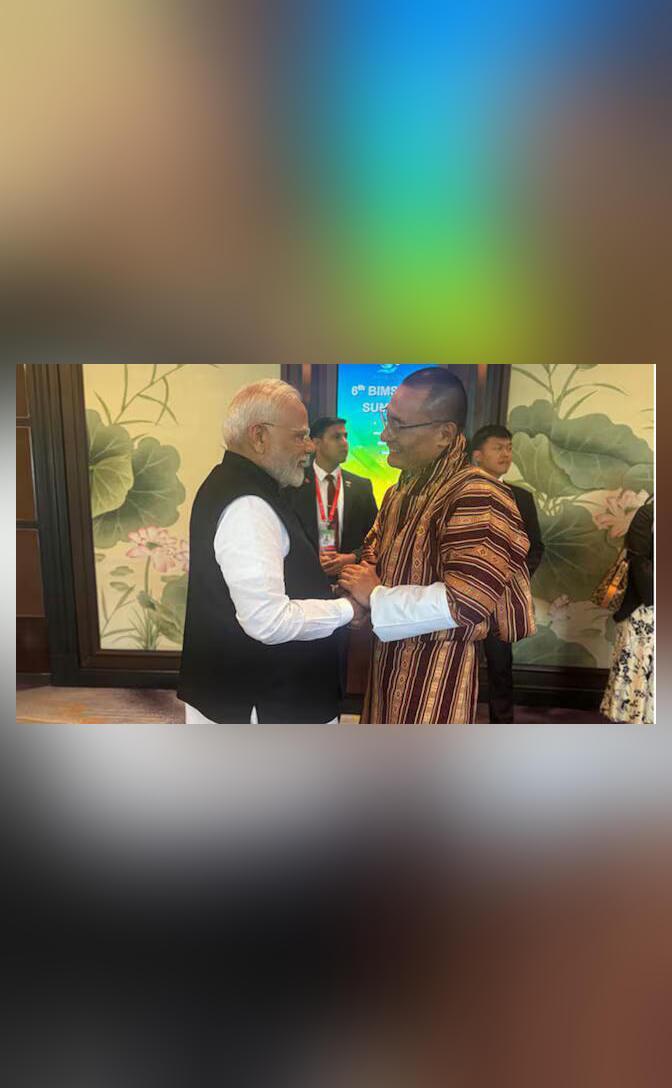
Should I read Quran & tell you what’s written in it: BJP MP Radha Mohan Das on Waqf Bill
The Waqf Bill, aimed at reforming the management of Waqf properties in India, has been a topic of controversy and debate in recent times. During the discussion of the bill in the Lok Sabha, BJP MP Radha Mohan Das made a statement that has sparked a heated debate. While discussing the bill, he asked if he should read the Quran and tell what is written in it. This statement has raised eyebrows and questions about the role of religious texts in political discourse.
In his statement, Radha Mohan Das pointed out that the Quran mentions that even if one rupee is given to anyone, there should be a written record. He then went on to say that the Waqf Board, which is responsible for managing these properties, has many properties without a written record. This statement is meant to highlight the alleged irregularities in the management of Waqf properties.
It is essential to understand the context in which Radha Mohan Das made this statement. The Waqf Bill aims to reform the management of Waqf properties, which are religious endowments that were established during the Mughal era. These properties are managed by the Waqf Board, which is responsible for their maintenance, upkeep, and distribution of the income generated from these properties.
The controversy surrounding the Waqf Bill stems from the fact that the BJP-led government has been accused of trying to impose its own ideology on the management of these properties. The bill has been criticized for its alleged attempt to undermine the autonomy of the Waqf Board and to give more power to the central government.
Radha Mohan Das’ statement, therefore, can be seen as a attempt to justify the need for reforms in the management of Waqf properties. By citing the Quran, he is trying to highlight the importance of transparency and accountability in the management of these properties. However, his statement has also been criticized for being divisive and for trying to impose a particular interpretation of the Quran on others.
It is essential to separate religious texts from political discourse. While religious texts can provide valuable insights and guidance, they should not be used to justify political agendas or to impose particular beliefs on others. Radha Mohan Das’ statement has sparked a heated debate, and it is essential to engage in a respectful and informed discussion about the role of religious texts in political discourse.
In addition to the controversy surrounding the Waqf Bill, Radha Mohan Das’ statement has also raised questions about the role of the Quran in Indian society. The Quran is a sacred text for Muslims, and any attempt to interpret it or to use it to justify political agendas can be seen as disrespectful. However, it is essential to recognize that the Quran is a text that has been interpreted in many different ways throughout history, and that its teachings can be used to promote peace, tolerance, and understanding.
In conclusion, Radha Mohan Das’ statement has sparked a heated debate about the role of the Quran in Indian society and the controversy surrounding the Waqf Bill. While his statement has been criticized for being divisive, it is essential to recognize that the Quran is a sacred text that has the power to promote peace, tolerance, and understanding. As we move forward with the discussion of the Waqf Bill, it is essential to engage in a respectful and informed discussion about the role of religious texts in political discourse.
Source: https://www.youtube.com/watch






